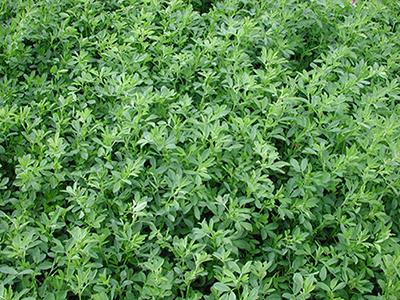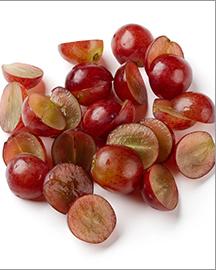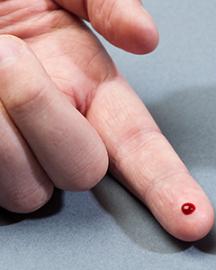The Toxin that's Hiding in Plain Sight

ARS scientists are studying the potential health risks of a set of toxic chemicals that have been in our homes, our food, and our agricultural production for decades. Perfluorooctanoic acid (PFOA) is a man-made chemical that has been used to coat many consumer products, including cooking pans. In addition, fertilizers contain the chemical. It remains in the environment where crops may absorb it. PFOA is a possible carcinogen because it can bind to hormone receptors and disrupt the endocrine system.
In Fargo, ND, an ARS team at the Edward T. Schafer Agricultural Research Center is examining how rats absorb PFOA from contaminated alfalfa, and how long the chemical remains in their systems. Data shows that PFOA was readily absorbed, but quickly excreted in urine. After 2 days, less than .5% remained in liver, blood, kidney, and skin tissues.
Related Information
Research Project: Perfluorooctanoic acid (PFOA) uptake by alfalfa (Medicago sativa) and bioavailability in Sprague-Dawley rats.









